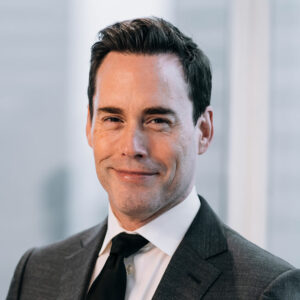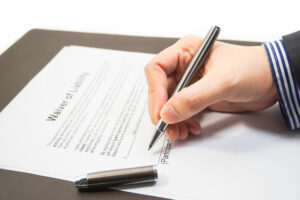Writer Christine Rodriguez has recently travelled extensively for work, frequently entering and exiting airports to get to festivals and media engagements since most pandemic restrictions have been lifted.
Rodriguez, meanwhile, has had her hair checked by airport security personnel three times in less than two months as a result of her return to flying. The third occurrence took place at Billy Bishop Toronto City Airport roughly two weeks ago.
“I was really upset because it’s just… it’s not random. It’s happening to me, like, every time I travel “admitted Montrealer Rodriguez in a CBC News interview. Rodriguez, who is of mixed ethnic heritage, frequently wears her dark hair up in a ponytail.
Nancy Falaise is a Black hair stylist in Montreal who specializes in curly hair. Falaise said there is a history of Black women having their hair touched by strangers without their consent, and mixed into that history is the persecution Black women have faced for wearing natural hairstyles.
Numerous accounts of Black women with curly hair in the United States describing similar situations have been made.
The U.S. Transportation Security Administration (TSA) was forced to perform sensitivity training “with specific emphasis on hair pat-downs of Black female travelers” in 2015 as a result of a complaint made by the American Civil Liberties Union (ACLU) of Northern California.
However, even after that, the pat-downs continued to occur routinely, according to ProPublica, a nonprofit American investigative journalism group. It stated that particular haircuts “often activate the alarms on the scanners,” which are now present in most international airports in North America and that when that occurs, agents are obligated to do a pat-down.






